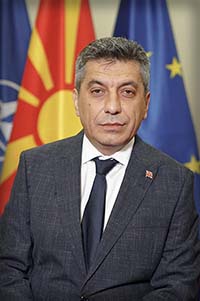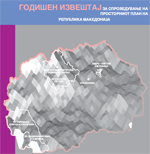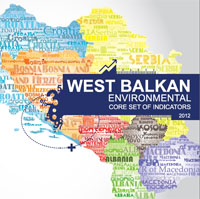The Minister of Environment and Physical Planning, Kaja Shukova, was one of the speakers at the third Socio-Environmental Forum that is being held in Skopje this weekend.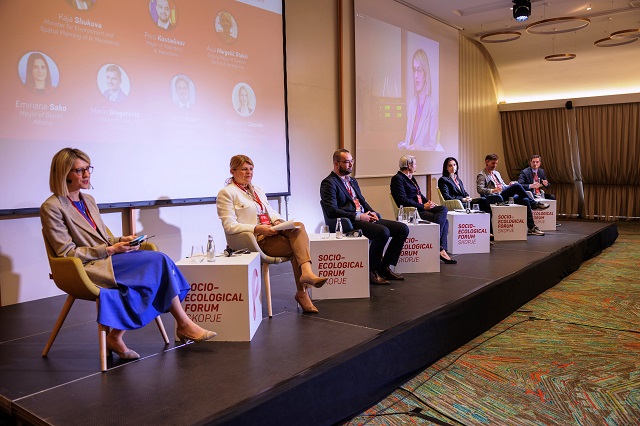
In her presentation, Shukova emphasized that the Government and the Ministry of Environment and Physical Planning, as the responsible institution for climate change, are strongly committed to dealing with climate change and effective implementation of the Law on Climate Action since it is adopted.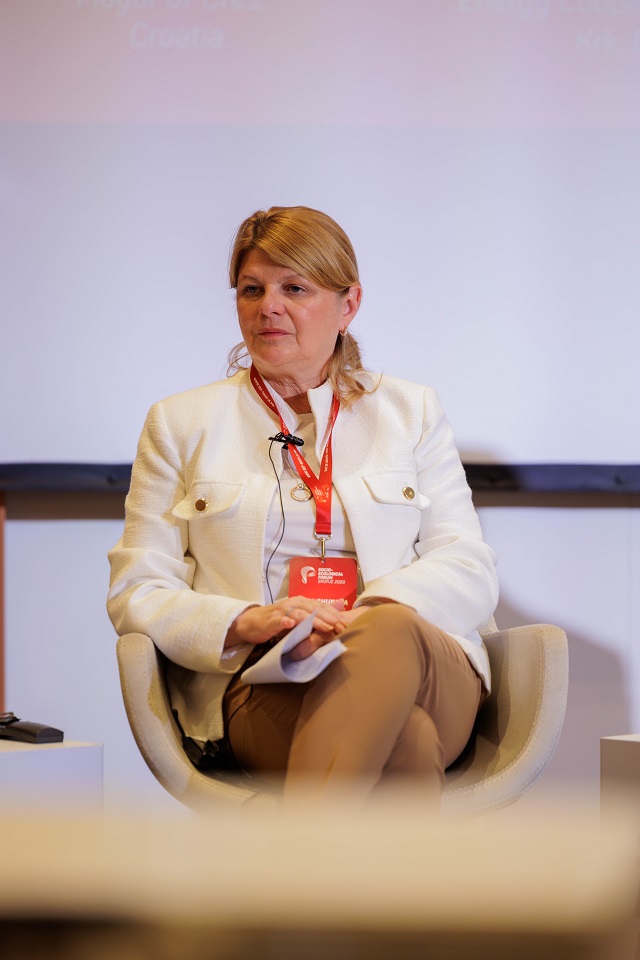
“This, among other things, would mean that we are committed to continuous capacity building for climate activities, aimed at all stakeholders, government and local governments, the public and private sector, civil society organizations, youth, vulnerable groups, among which strong cooperation is from essential meaning. We have proven partners in scientific institutions, whose knowledge will be further leveraged in meeting our ambitious climate goals. Our generation is witnessing the catastrophic impacts of climate change on a global level on all sectors, from infrastructure to food security and human health”, Shukova said.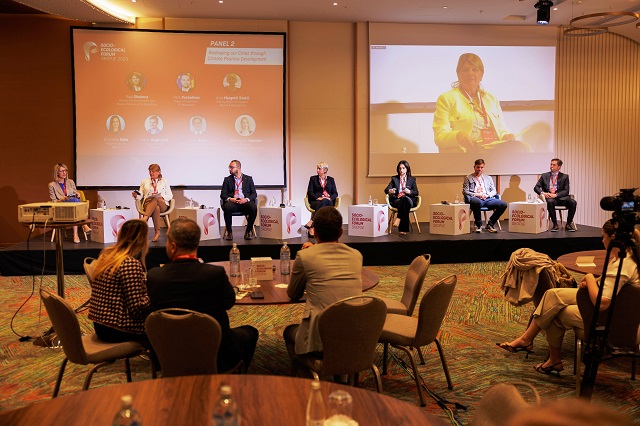
She informed that the draft Law on Climate Action, which transposes several relevant EU regulations and directives, went through a public consultation phase in early spring, receiving positive comments from stakeholders, including those from local government and civil society organizations. Currently, the draft Law is in the intergovernmental procedure for consideration and comments.
Also, Shukova confirmed the openness for cooperation and exchange of good experiences, positive lessons and expertise between our cities and municipalities and their partner cities from the EU in dealing with climate change and climate positive development, especially in the area of waste management.
The socio-ecological forum is organized by the “Friedrich Ebert” Foundation, the “Olof Palme” International Center and Progress – the Institute for Social Democracy.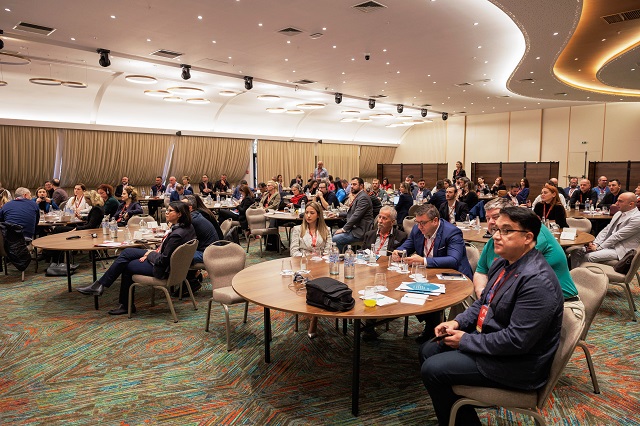
The purpose of the forum is to enable debate and discussion regarding the energy policies of the countries of the Western Balkans and the European Union, environmental challenges, the green agenda, the promotion of social cohesion through investments in employment, quality and inclusive education and high-quality services for social inclusion and protection.






